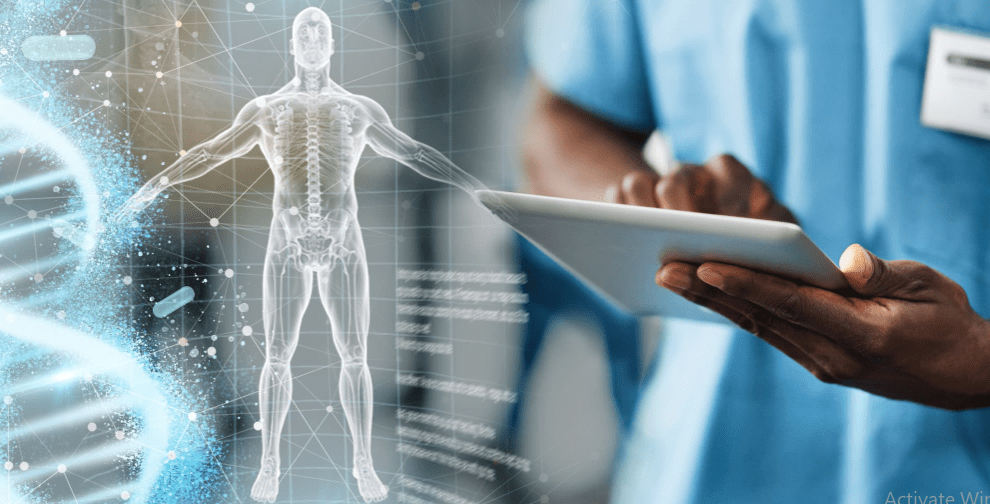A Yale-led study across six U.S. health systems found that using a single ambient AI scribe platform is linked to reduced short-term burnout in outpatient clinicians.
Clinicians are now spending more time on electronic health record (EHR) documentation than on direct patient care. Studies cited in recent research show that over half of a clinician’s workday is devoted to EHR tasks, while just a quarter is spent with patients—an imbalance that continues to grow, particularly in primary care. This shift has been linked to burnout, reduced productivity, and higher turnover.
As a result, interest in tools that can ease this burden has reached the national stage. In December 2024, the National Academy of Medicine held a meeting to explore how AI could support health worker well-being.
One such solution is ambient AI scribe technology, which silently records patient-clinician conversations and generates draft clinical notes. These notes, produced by large language models trained to create professional documentation, are presented in a secure portal for clinician review and editing before being added to patient records.
The study titled “Use of Ambient AI Scribes to Reduce Administrative Burden and Professional Burnout,” published in JAMA Network Open, evaluated the impact of an ambient AI scribe by comparing data collected before the intervention and 30 days afterward to assess its effect on reducing administrative workload and burnout.
A total of 263 paired surveys were completed by clinicians averaging 15.1 years of practice, representing six academic and community-based health systems. Among them, 131 worked in primary care, and participants included attending physicians, advanced practice practitioners, and academic faculty across various specialties.
The majority of participants were attending physicians, totaling 232 individuals (88.2%), along with 29 advanced practice practitioners. Academic faculty made up a significant portion, with 168 members (63.9%). The group included professionals from both primary care and specialty fields: 131 in primary care, 46 adult specialists, 14 in neurology and psychiatry, and 72 in surgical specialties.
Burnout was assessed using a validated single-item measure with a cutoff score of three, based on surveys conducted before the intervention and 30 days after. Secondary metrics were converted to 10-point scales and analyzed using paired t-tests.
For note creation, clinicians selected an ambulatory encounter, obtained verbal patient consent, and recorded the visit. Draft notes were generated on a secure portal where clinicians could review, edit, view transcripts, or listen to the audio linked to highlighted sections.
Among 186 participants analyzed for burnout, the percentage meeting the burnout threshold dropped from 51.9% to 38.8% after 30 days, with an adjusted odds ratio of 0.26 (95% CI: 0.13–0.54). A sensitivity analysis using a higher burnout cutoff of four showed a decrease from 18.4% to 12.2%.
Exploratory results on 10-point scales revealed a 0.47-point reduction in burnout scores among all participants. Note-related cognitive task load decreased by 2.64 points, temporal demand by 2.66 points, effort by 2.60 points, and mental demand by 2.46 points. Additionally, weekly after-hours documentation dropped by 0.90 hours.
The authors concluded that the ambient AI scribe platform was linked to lower burnout, reduced cognitive workload, and decreased after-hours documentation. Participants also reported better focus on patient concerns and the potential for improved urgent care access. These findings suggest that such tools could help lessen administrative burdens and enable more direct face-to-face patient care.






























